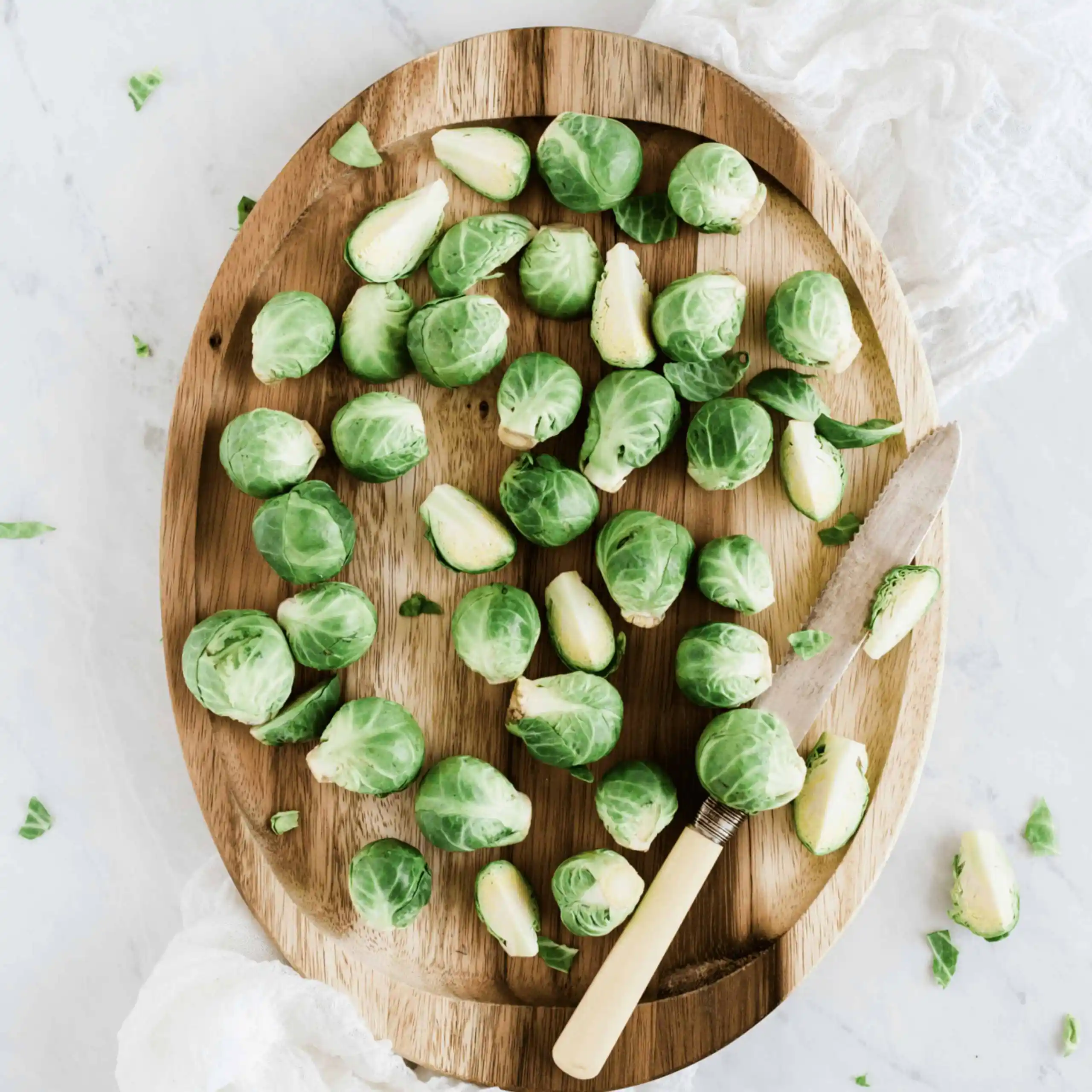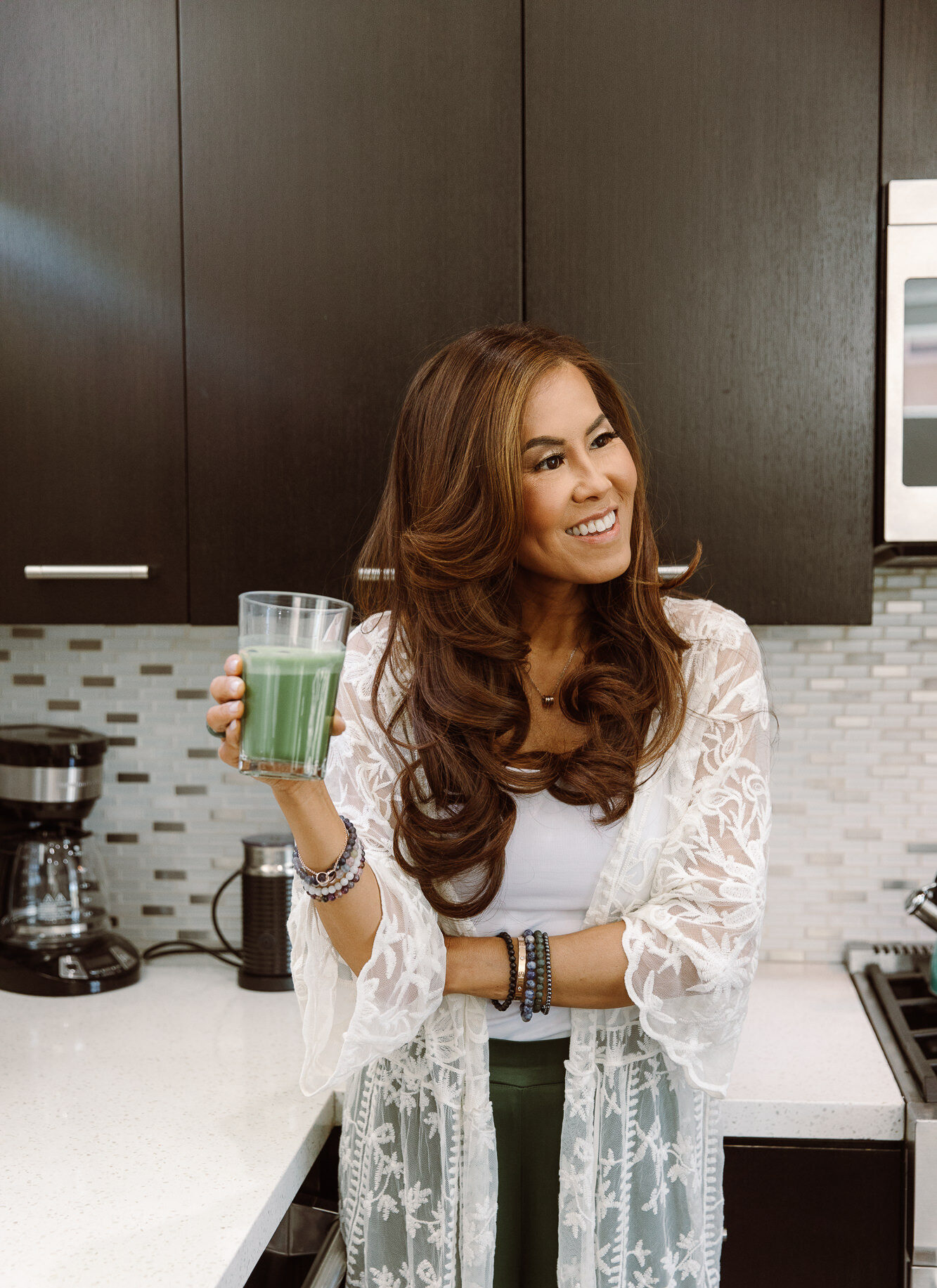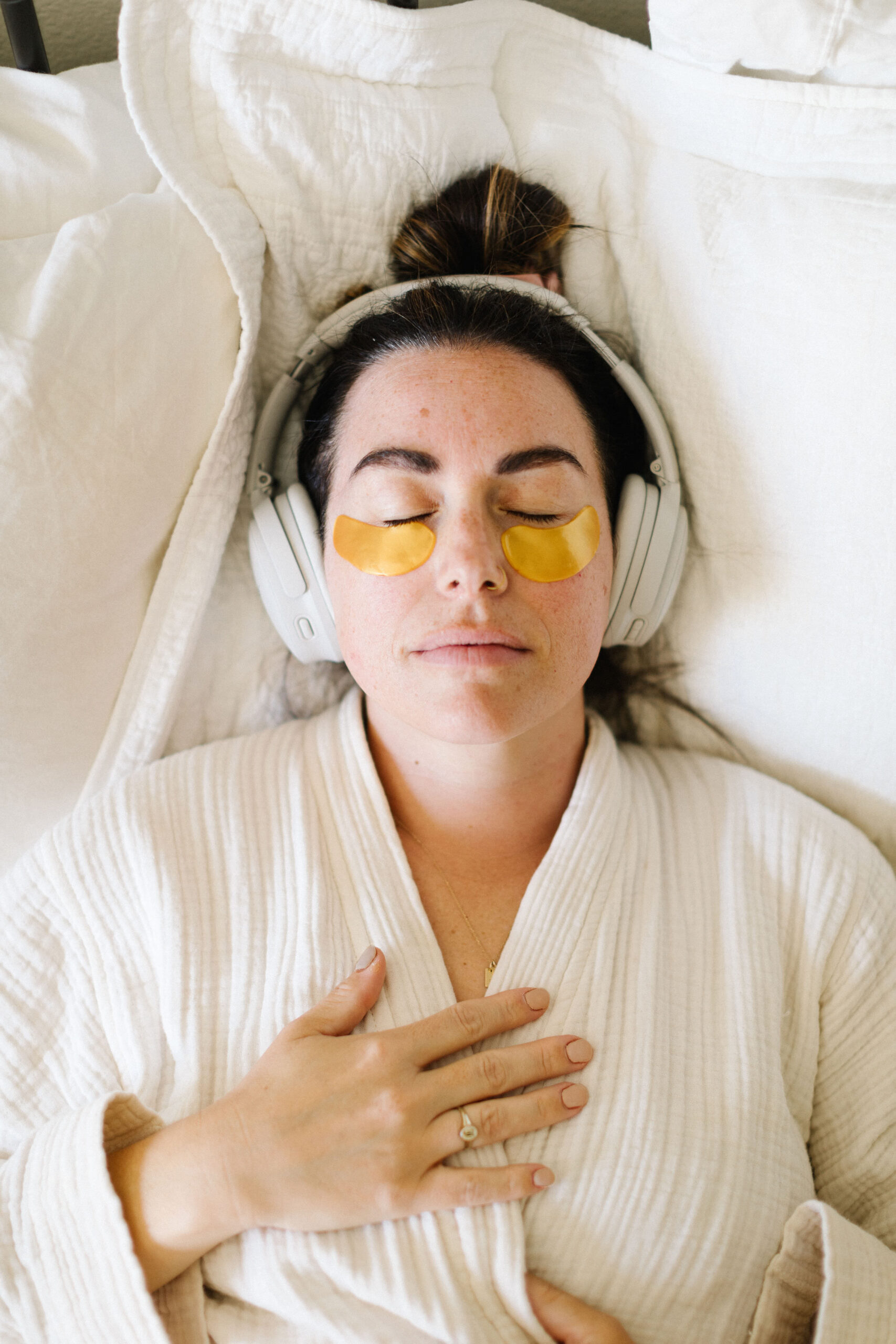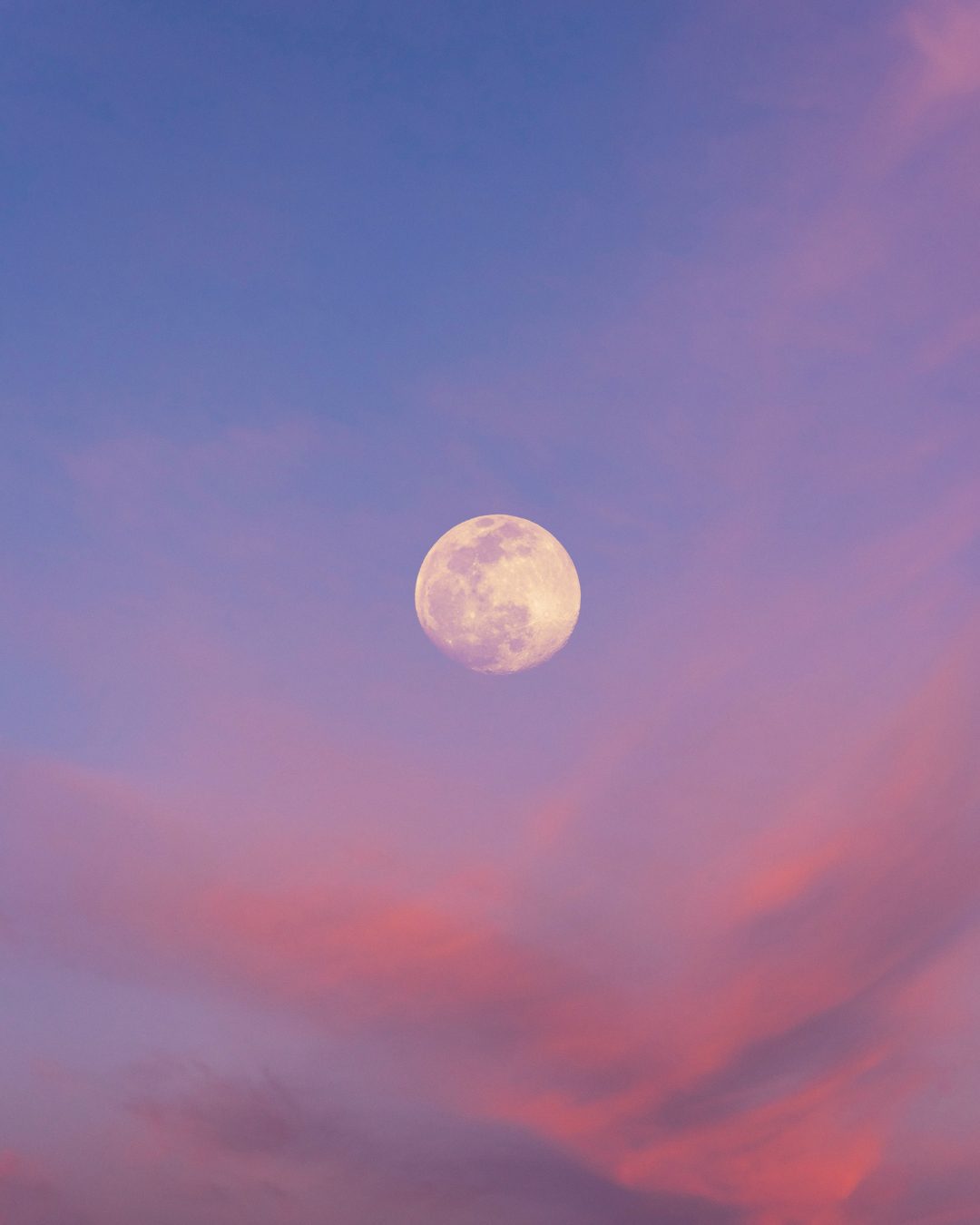Today I want to spotlight foods rich in folates because not only are they essential for basic cell function in your body, they’re delicious!
Did you know?
Pregnant women are not the only people who need to be aware of adding this vitamin to their diet. Here’s a little background on natural folic acid, who can benefit, what folic-acid deficiency can lead to, and of course, how to best absorb this nutrient through food.
What are folates/folic acid?
Folate, or B9, is a water-soluble vitamin naturally found in whole foods, but we have a synthetic form found in supplements and fortified foods called folic acid. It is important in red blood cell formation and for healthy cell growth and function.
Folate was actually discovered in the 1930s by Lucy Willis, who was trying to prevent anemia in pregnant women, but instead found that being deficient in folate was linked to birth defects. That is why this nutrient is now recommended to prevent dangerous defects and pregnancy-related complications like preeclampsia, a condition that keeps the baby from getting adequate oxygen and blood.
Why is natural folic acid important?
Foods that contain folate are important to all women of reproductive age, particularly women who are pregnant or trying to conceive.
And it turns out that we can all benefit from this vital B Vitamin, as it is important to the creation of your red blood cells, DNA synthesis and repair, and other important cellular functions.
In fact, supplementing with folic acid has been shown to improve blood sugar control for those with diabetes, reduce inflammation, and improve the fertility of female reproductive eggs.
Let’s dive deeper into why folate is important, how much folate you need, and how to get natural folic acid from plant-based sources.
It is a vitamin not only essential in fetal development but has also been linked to cancer prevention and the reduction of an inflammatory agent called homocysteine, which is a proven link to heart disease.
Folic acid is more absorbable than folate found in whole foods, but eating a diet rich in folate is preferred unless you have specific sensitivities or have been recommended a folic acid supplement by your healthcare provider.
How much folate do you need?
It is possible to get enough folate for pregnancy from a plant-based diet. However, if you are pregnant, it is advisable to take folic acid supplements, as a deficiency can lead to serious birth defects.
Pregnant women and breastfeeding women should aim to consume 600 mcg and 500 mcg DFE of folate per day. The average adult should aim to get about 400 mcg DFE of folate per day.
Unfortunately, people who have celiac or IBD might have difficulties absorbing enough folate. Those who have a MTHFR polymorphism have difficulties converting folate into its active form and may need special supplementation of 5-methyl-THF, an active form of folic acid.
People with alcohol disorders are at risk for folate deficiencies partially because alcohol hinders folate absorption.
Folate deficiencies can also result from a poor diet, digestive diseases, low stomach acid, alcoholism, drug abuse, anemia, and pregnancy. Being deficient has been linked to many conditions, including autism spectrum disorder, depression, anemia, impaired immune function, spina bifida, cancer, and cardiovascular disease.
Studies have shown that folate even affects your brain health. According to the National Library of Medicine, people suffering from depression often have low levels of folate in their bodies. Treatment with folate supplements have been known to reduce symptoms of depression.
The National Library of Medicine also shows that being deficient in folate correlates with cognitive decline. Recent studies in elderly people suggest a link between folic acid, aging, depression, dementia, and Alzheimer’s disease. So it is incredibly important to make sure you are getting enough of this B-Vitamin from whole foods as you age.
Although it is recommended to get folate from whole food sources, folate supplements are actually being used to effectively treat Alzheimer’s Disease as high amounts reduce inflammation and improve cognitive skills.
How to get natural folic acid from a plant-based diet
There are specific whole foods packed with folate you should prioritize in your diet. If you are vegan, make sure to include these fruits, vegetables, and legumes daily. Pregnant women should prioritize the ten foods below and be sure to talk to their doctor about also taking a folic acid supplement.
When it comes to absorbing the folate in these ten foods, it is important to note that boiling folate-rich vegetables in water can decrease the folate content by up to 49 percent. Opt for raw or steamed vegetables instead. Folate can also be lost during the canning process, so try to eat fresh versions of these foods as much as possible.
- Spinach – One cup of raw spinach provides about 15% of your recommended daily folate, plus it contains many other nutrients that support your health, such as vitamin C, vitamin K and calcium. Spinach is easy to find and makes a delicious salad base.
- Black-eyed peas – One half cup of cooked black-eyed peas delivers about 26% of your recommended daily folate. They are also a wonderful source of fiber, protein, and nutrients such as vitamins A and K, manganese, and calcium.
- Broccoli – One cup of raw broccoli contains about 14% of your daily recommended folate and also contains vitamins C and K and plenty of fiber. Raw broccoli makes a great mid-day snack or side dish.
- Brussels sprouts – One half cup of Brussels sprouts contain approximately 12% of your recommended daily folate. Brussels sprouts are also a wonderful side dish and a great source of fiber as well as vitamins C and K.
- Asparagus – One half cup of cooked asparagus provides about 34% of your daily recommended folate. It has a unique flavor that adds excitement to many dishes and contains several healthy nutrients such as vitamins A and K, and thiamin. Asparagus is also a great source of fiber!
- Avocado – One half of an avocado provides about 15% of your daily recommended folate. Avocados also deliver healthy fats and are incredibly delicious on toast, in smoothies, or on their own!
- Green peas – One half cup of peas provides about 13% of your daily recommended folate. Green peas are generally well-liked and easy to come by. They also deliver an array of healthy nutrients such as Vitamin K, thiamin, vitamin B6, and manganese, just to name a few.
- Kidney beans – One half cup of these beans not only provides almost 30% of your daily recommended folate, but they are also high in fiber, a good source of plant-based protein, and brimming with additional nutrients such as potassium, thiamin, vitamin K, manganese, and magnesium.
- Bananas – One medium banana provides about 6% of your daily recommended folate. While not the food highest in folate, I like them because bananas are a popular fruit and generally easy to find.
- Papaya – One half cup of cut papaya provides about 7% of your daily recommended folate. Papaya is a delicious treat that also contains enzymes that support healthy digestion.
Final Thoughts
I encourage you to share this information with friends and family because incorporating enough folate into your diet is so important for everyone! From decreasing inflammation and helping with symptoms of depression, to reducing chances of heart disease and improving mental performance, folate is an essential B vitamin we should be getting lots of every day.
As you know, I’m all about utilizing diet to live your best life.
Check out:
Roasted Rainbow Chakra Bowl and
5 Foods To Avoid For Better Brain Health : Neuroinflammation
by




